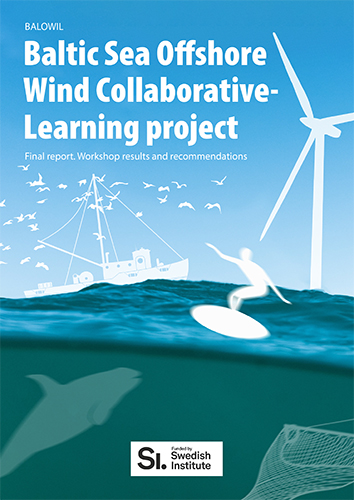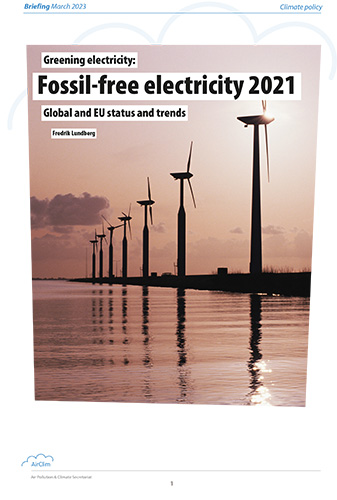
Climate policy links to air quality
A Dutch study has found that climate policy is likely to bring benefits to the country’s air quality by 2020. Measures that stimulate energy saving, energy efficiency, and the use of wind, solar and geothermal energy always benefit national air quality. The purchase of foreign CO2 credits, however, “exports” air quality benefits to other countries.
Some climate measures, such as carbon capture and storage and increasing small-scale production and use of bioenergy, may on the other hand increase the amount of certain air pollutants. But these increases can be prevented by additional air pollution abatement. The use of biofuels in road transport is expected to have negligible effects on air pollution exhaust emissions.
Source: “Co-impacts of climate policies on air polluting emissions in the Netherlands”, by the Dutch Policy Research Programme on Air and Climate (December 2010).

 Download this issue
Download this issue Between 750 Gt and 1000 Gt of global CO2 emissions is all that remains if the world is to have a 75 per cent chance of staying below the 2°C target, according to three reports.
Between 750 Gt and 1000 Gt of global CO2 emissions is all that remains if the world is to have a 75 per cent chance of staying below the 2°C target, according to three reports.










